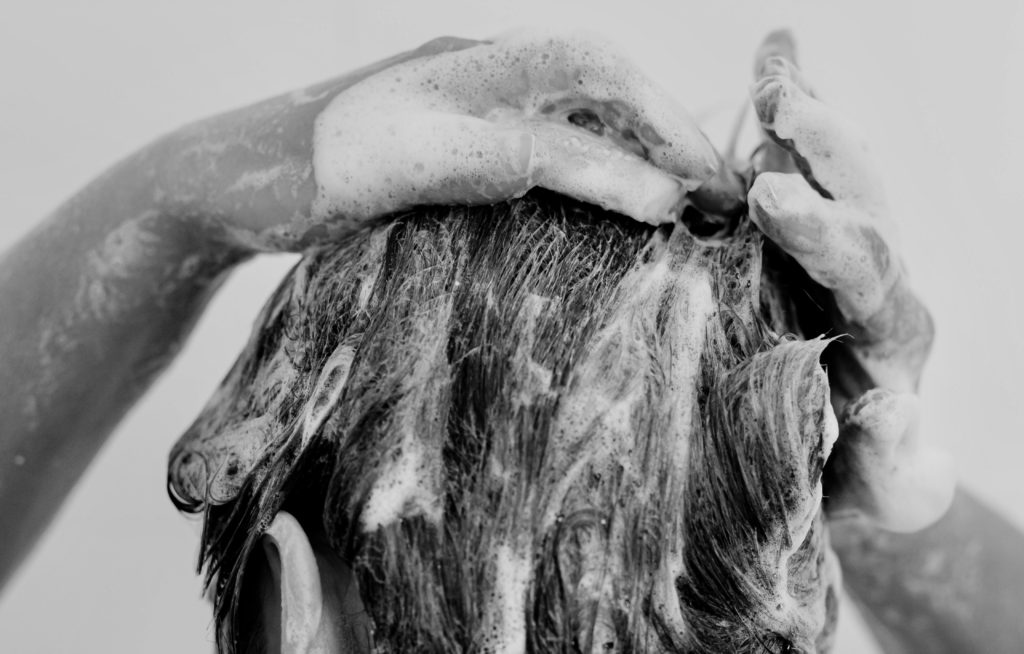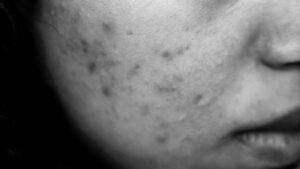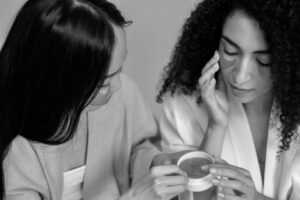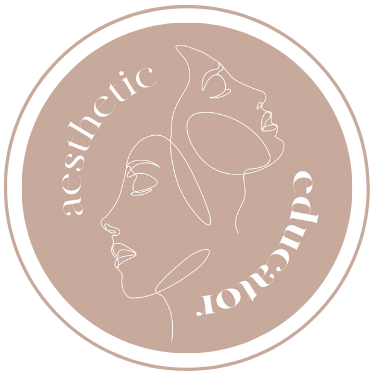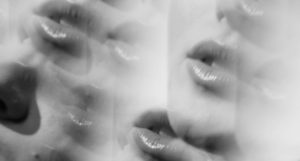Many of us became aware of the terms: sulfates and parabens, only when the rise in popularity of products without them was noticed. It brought curiosity – what are these ingredients and why are consumers not liking them? Should I be avoiding them too?
Let’s get aesthetic-ally educated on the topic, shall we?
This post talks all about sulfates and parabens in hair care products.
What are Sulfates and Parabens & Why Are They Added to Hair Care Products?
Sulfates
Sulfates are the detergent or cleansing agents of a shampoo. They dissolve the scalp’s dirt and oil, making it water-soluble and rinseable. Sulphates also provide the shampoo with its spreadability and lathering character.
The most common sulfates found in shampoos are:
- Sodium Laureth Sulfate
- Sodium Lauryl Sulfate
- Ammonium Laureth
Parabens
Parabens are a family of chemical preservatives. They are not only present in hair care, but in most cosmetic products. They are an inexpensive solution to prevent mould and bacteria from forming into beauty products.
Most common parabens include:
- Methylparaben
- Propylparaben
- Butylparaben
- Ethylparaben
Sulfates & Parabens in Hair Care: Good or Bad?
The debate on whether sulfates and parabens are bad for the hair is a complex one. Because there are many individual combinations of these ingredients that are deemed either tolerable or bad.
However, it can be summed up in a few lines.
Sulfates or SLS are often regarded as bad because of their strong detergency. This means, that its major purpose of cleaning hair does more than what’s needed – it cleanses the scalp of its natural oils too. Hence, leaving the hair dry, itchy, and prone to dandruff and frizziness.
However, these effects can be countered via deep conditioning of hair.
Another primary reason why sulfates are highlighted negatively is due to a study on human and animal eyes that saw damage upon prolonged exposure to a high concentration of SLS for consecutive days.
Again, a situation which is highly unlikely to occur in real life.
Verdict: Sulfates in concentration under 50% (most shampoos have it in 20%), are safe to be used when rinsed thoroughly.
Parabens have accumulated a negative reputation due to their linkage with cancer and interference with hormones. The claim of its relation to cancer, however, has been discarded by scientists as they found no connection between the two.
On the other hand, it is true that parabens do interfere with male and female hormones by getting absorbed into the skin, thus affecting fertility in both. Therefore, many types of parabens are banned in some countries. However, the common parabens mentioned above are still deemed safe in concentrations of as little as 0.19%.
Verdict: Parabens should be avoided as much as you can. If not, make sure they are used in the least concentration, and in combinations with other natural preservatives.
Are Sulfate-free and Paraben-free Products Better for Hair?
Short answer, Yes.
If you have the option to use sulfate and paraben-free shampoo, and especially if it suits your hair, there is no reason you should refrain from it.
Although, a sulfate-free shampoo is mandatory for people with dry and itchy scalp or naturally frizzy and color-treated hair. Because sulfates are harsh cleansers, they may worsen the situation of your hair condition and also fade the dye sooner than anticipated.
Similarly, a shampoo with parabens isn’t life-threatening either since most include only minute concentrations. However, as mentioned above, you should always opt for the paraben-free alternative if you have the means and the option. Better to be safe than sorry.
This post talks all about sulfates and parabens in hair care products.
References
https://cdn.mdedge.com/files/s3fs-public/Document/January-2018/CT101001022.PDF
https://itsa10haircare.com/blogs/blog/parabens-and-sulfates-hair-products
https://better-notyounger.com/blogs/the-better-blog/the-truth-behind-sulfates-and-parabens
https://www.healthshots.com/beauty/hair-care/how-to-use-apple-cider-vinegar-for-hair-to-fight-frizz-and-dandruff/

